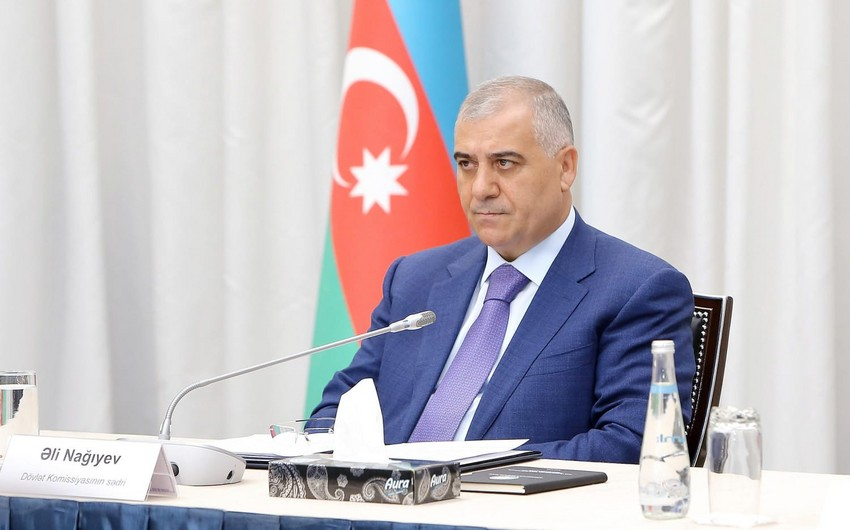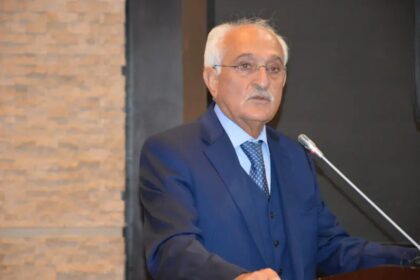RASC News Agency: Ali Naghiyev, the Chief of Azerbaijan’s State Security Service, has called for a unified and coordinated international response to the mounting security threats originating from Afghanistan. Speaking at the international conference titled “Afghanistan: Regional Connectivity, Security, and Development” on Tuesday, May 9, in Baku, Naghiyev emphasized that Azerbaijan remains committed to supporting global efforts aimed at stabilizing Afghanistan and preventing the country from becoming a breeding ground for extremist elements. Naghiyev asserted that the international community must bolster its collective action in combating shared challenges such as terrorism, drug trafficking, and transnational organized crime. He stressed that these threats not only endanger regional security but also have far-reaching global implications.
“The world must not turn a blind eye to the persistent dangers emanating from Afghanistan,” Naghiyev stated. “Comprehensive and strategic cooperation is essential to contain the influence of destructive actors and to counter the networks that thrive on chaos and instability.” The high-level conference, hosted by Azerbaijan’s national intelligence agency, gathered senior security and intelligence officials from over 20 countries. The objective was to establish a coherent regional stance and to foster collaboration in addressing the multidimensional security and humanitarian crises unfolding in Afghanistan. Naghiyev also pointed to Afghanistan’s strategic position within the global geopolitical landscape, noting that sustainable peace in the country is critical to ensuring broader regional and international stability. He called upon neighboring states and global powers to synchronize their efforts and develop long-term strategies for peacebuilding, institutional resilience, and economic recovery.
According to AzərNews, the conference was widely viewed by participants as a timely and necessary initiative to develop concrete policy responses to the deteriorating situation in Afghanistan, which remains under the authoritarian grip of the Taliban. At the time of reporting, there has been no official confirmation regarding the attendance of Taliban representatives at the conference. The Taliban regime has also not issued a formal response or position statement concerning the event. Their absence from this pivotal international forum underscores ongoing concerns about the group’s lack of engagement with the global community and its continued resistance to meaningful dialogue on human rights, inclusive governance, and regional security cooperation.






